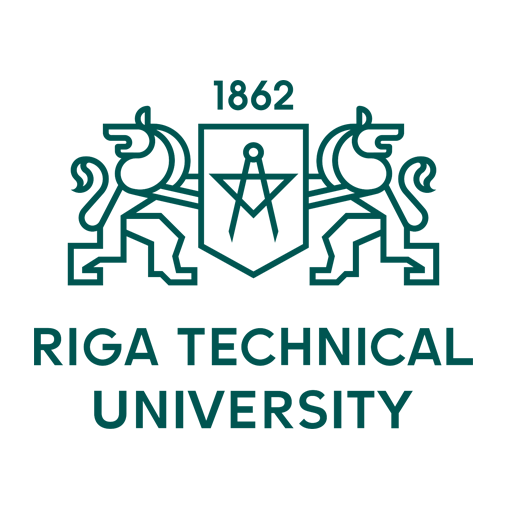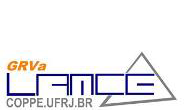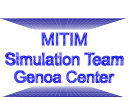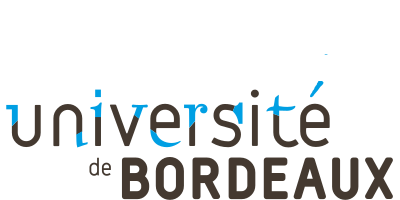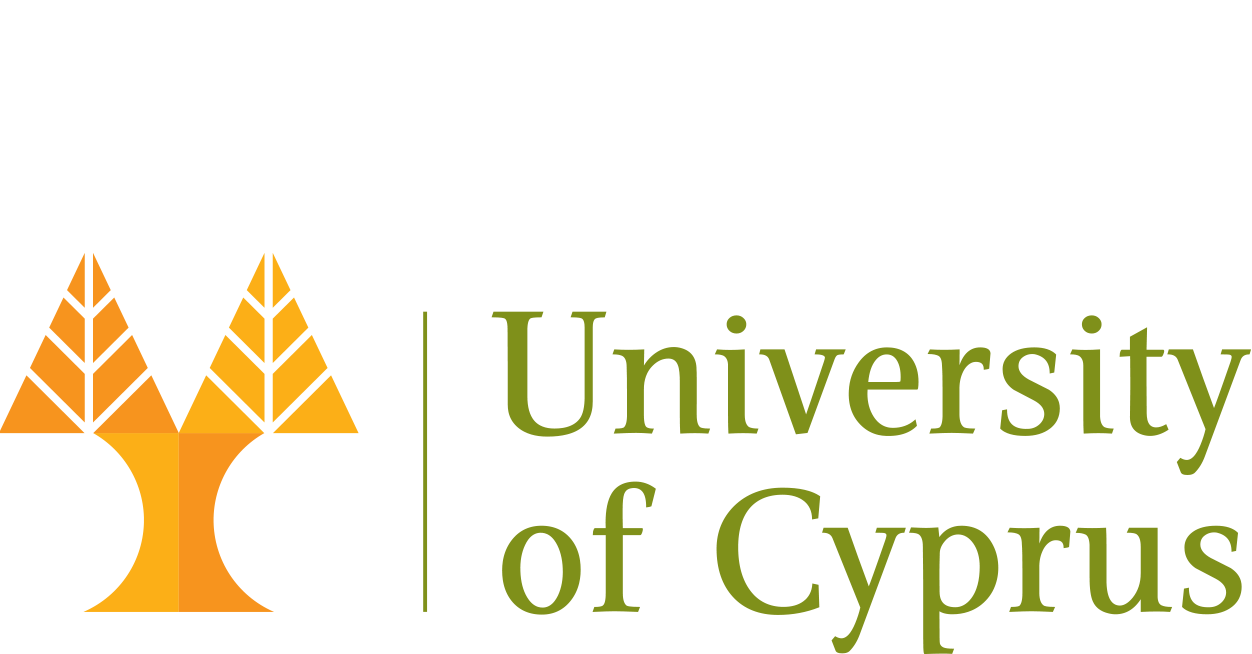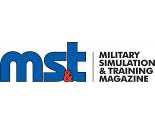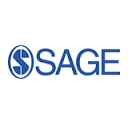EMSS 2019 Call For Papers
Workshop on Model Engineering for System of Systems
Chairs: (a) Prof. Lin Zhang; (b) Prof. Bernard P. Zeigler; (c) Dr. Valdemar Vicente Graciano Neto
Affiliation: (a) Beihang University, (Beijing, China) ; (b) RTSync Corp, (USA) ; (c) Federal University of Goiás, (Brazil)
Contacts: (a) johnlin9999@126.com ; (b) zeigler@rtsync.com ; (c) valdemarneto@ufg.br
Workshop Description
A SoS is a system with the distinction that its parts and relationships are gathered together under the forces of legacy (components bring their pre-existing constraints as extant viable systems) and emergence (it is not totally predictable what properties and behavior will emerge.) Generally a model experiences requirement analysis, model design, model construction, model verification and validation (VV&A), model application and model maintenance. These processes compose a complete lifecycle of a model. Model Engineering (ME) aims at setting up a systematic, standardized, and quantifiable engineering methodology to manage the data, knowledge, activities, processes and organizations/people involved in the full life cycle of the model, in order to obtain the general term of credible model theory, methods, technology, standards and tools with the minimum cost. Progress in model engineering for system of systems, in the simulation context has not been as pronounced, due to hard challenges such as the high complexity and long life cycle of a complex system model, the complex evolution process of a model, the model reuse problem, the huge amount of data, the multidisciplinary collaboration in model development and management, etc. As can be seen from the related work, current research on models generally focused on one phase in the model lifecycle and is separate and diffuse. Although importance of the engineering idea is gradually recognized in applications of the full model lifecycle, currently no complete theory and technology system and philosophy is available. So there are still lots of challenges in the lifecycle of the model of SoS.
The workshop deals with topics concerning Model Engineering for System of systems.
Topics of interest are as follows :
- Modeling of the model lifecycle process and in relation to other entities in the M&S domain (e.g., simulator, experimental frame, etc.)
- Model-to-Model and model-to-entity mappings (e.g., abstraction, simplification, multi-scale organizations, automated transformation).
- DEVS based Modeling for SoS.
- Unified Approaches to Modeling (e.g., UML/SysML, RUP, DEVS Unified Process).
- Component based modeling and simulation.
- Process management of model engineering.
- Acquisition and management of model requirements.
- Quantitative analysis and evaluation.
- Model validation, verification and accreditation (VV&A) methodology.
- Data and knowledge management in model engineering.
- Model Execution Properties (Simulation run-time performance, variants (real-time, distributed, etc.)
- Model library.
- Model composition and reuse technology.
- Model Integration and interoperation.
- Model reconstruction and configuration management.
- Visualization of model engineering process.
- Supporting environment and tools of model engineering.
- Applications of model engineering (e.g., net-centric, service composition, complex adaptive systems, emergence, etc.).
Nevertheless different topics concerning model engineering are welcome.
For further information please contact Lin Zhang, Bernard P. Zeigler and Valdemar Neto.







